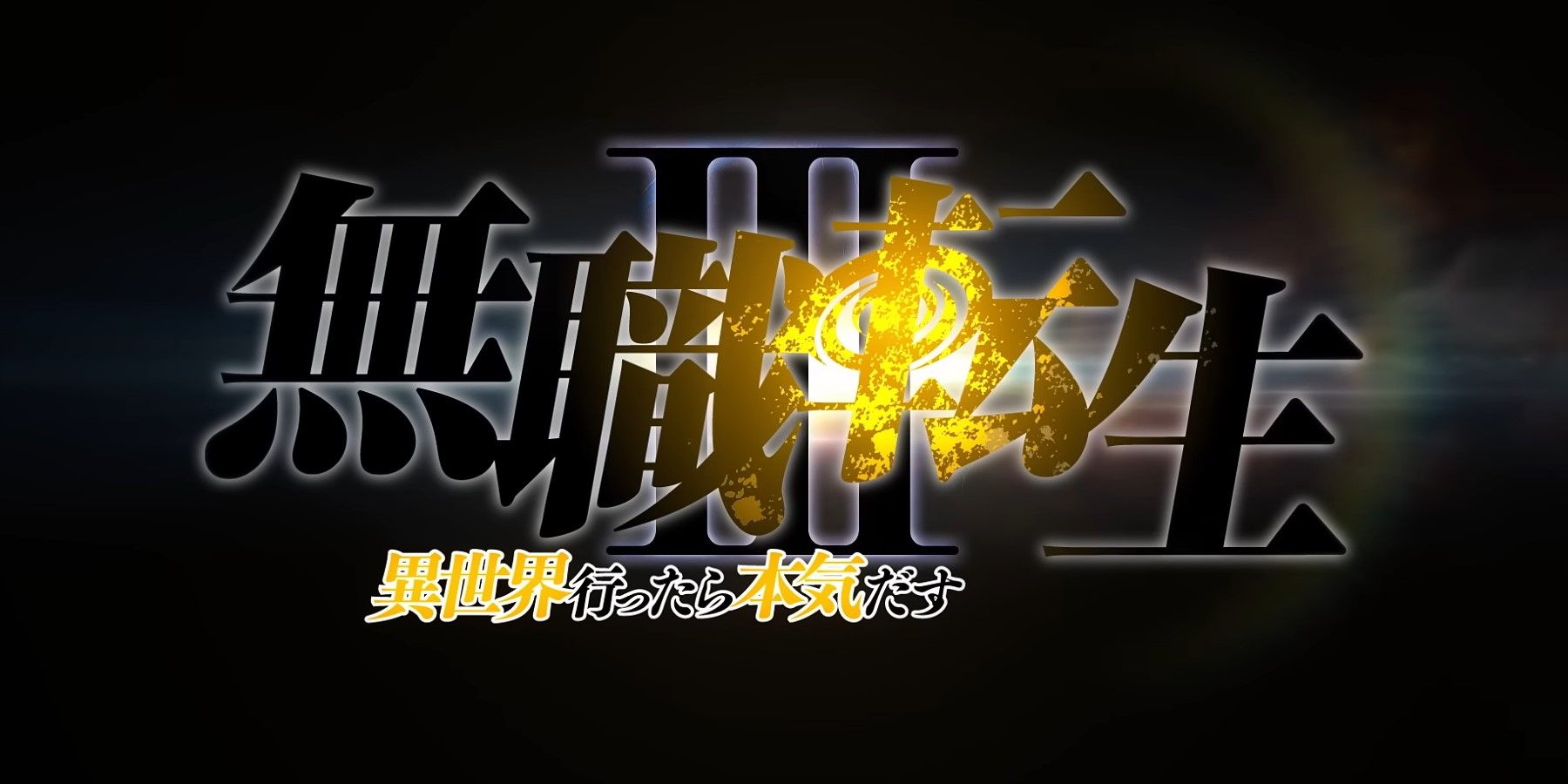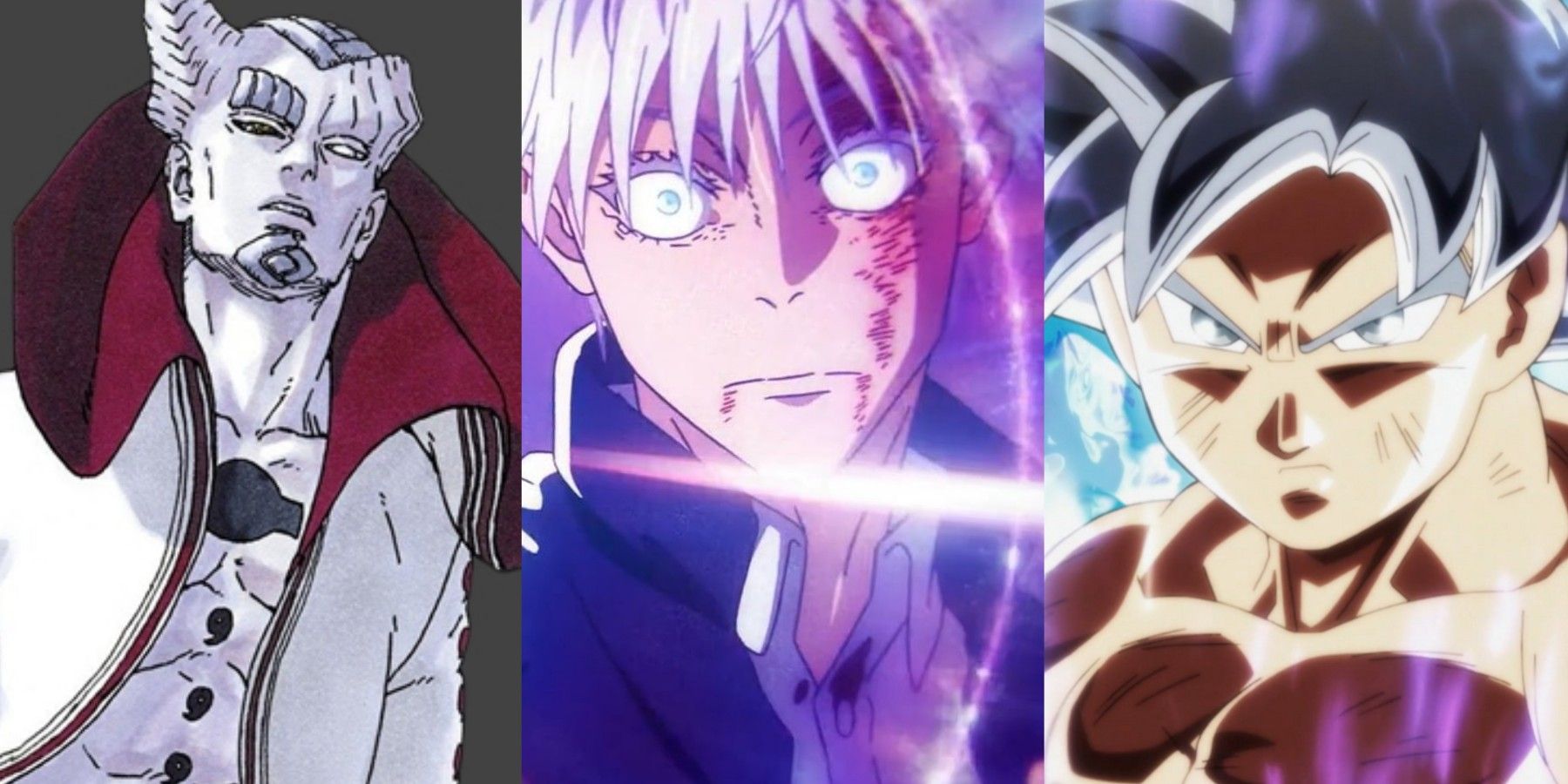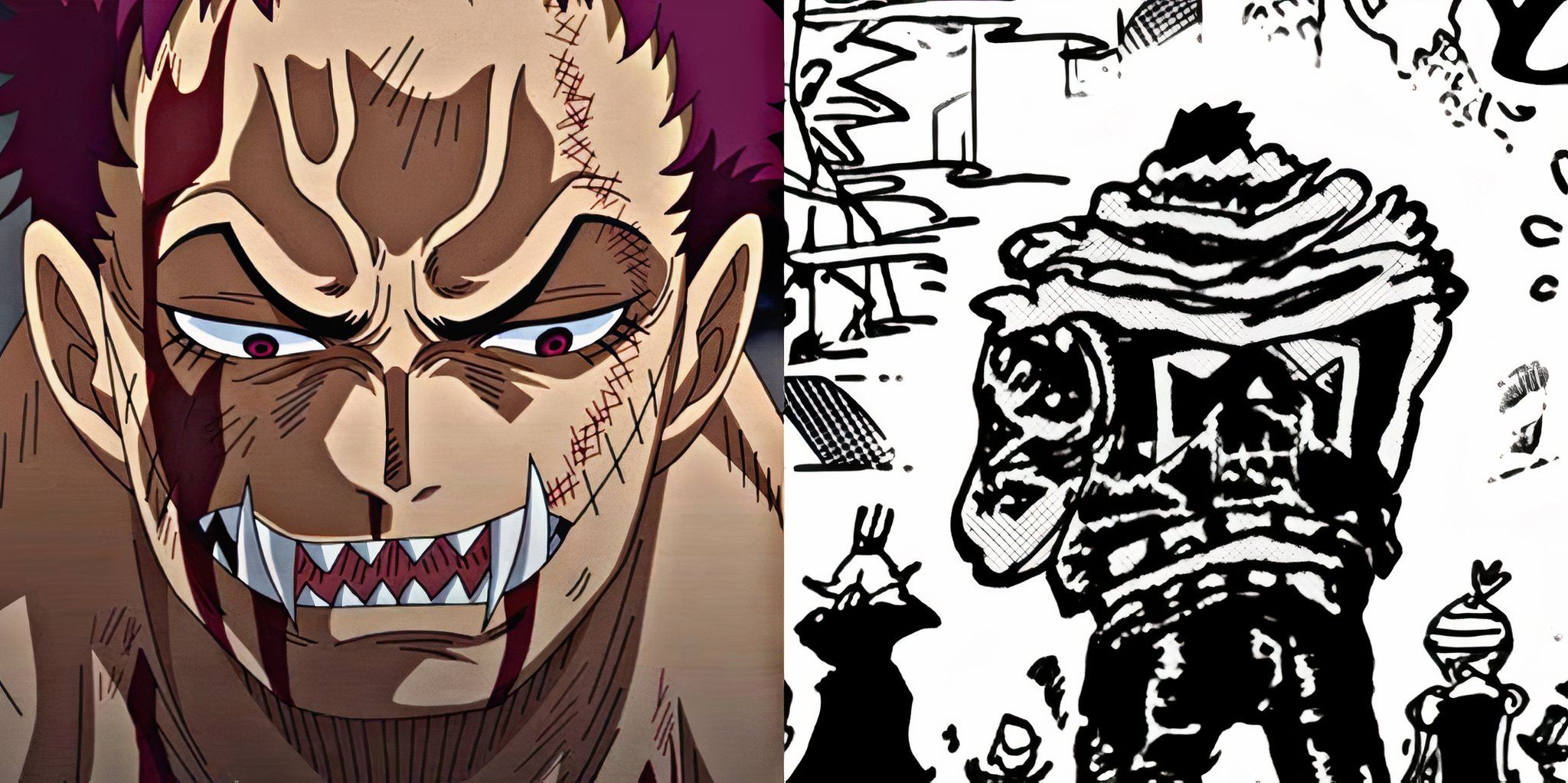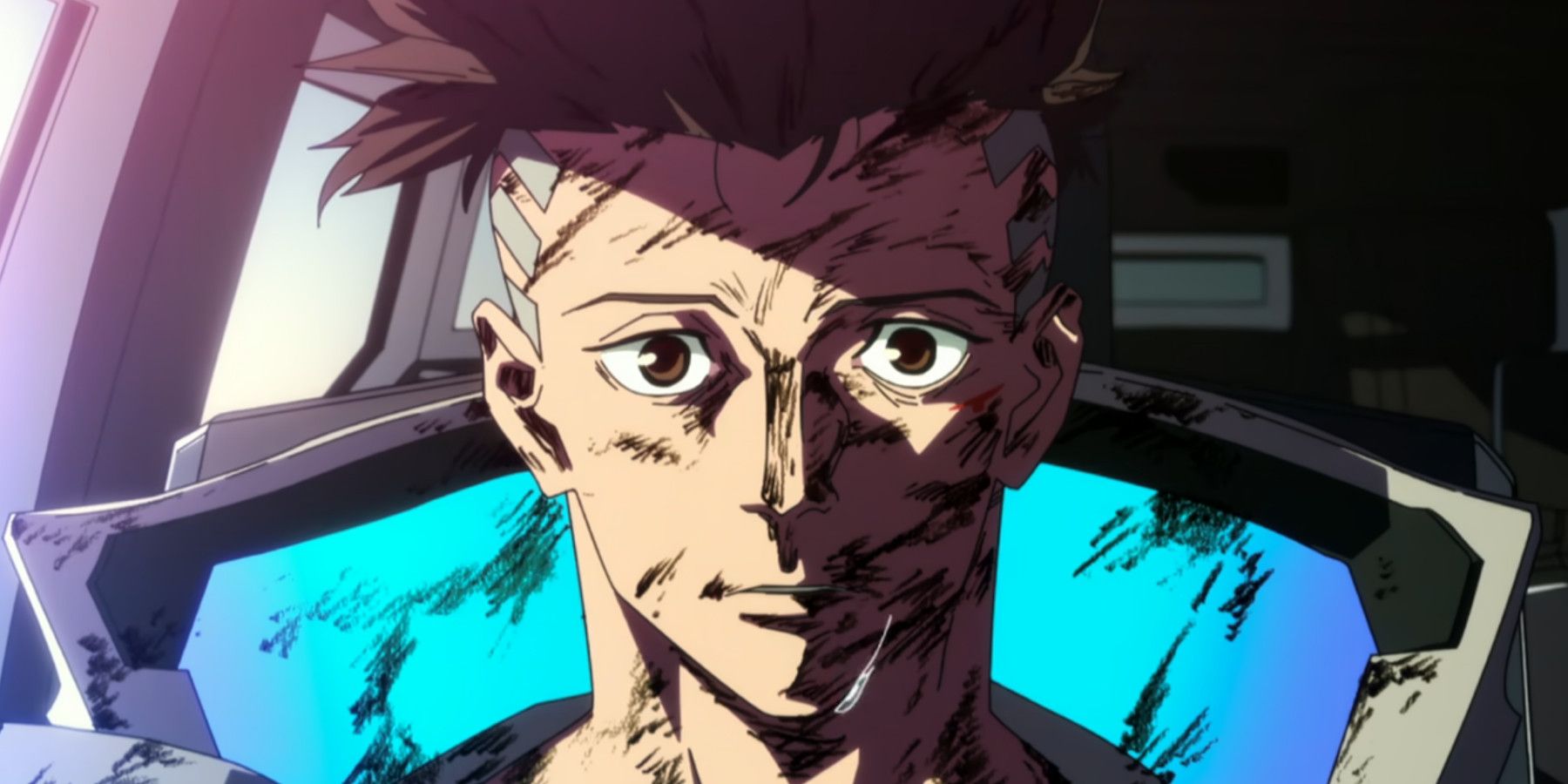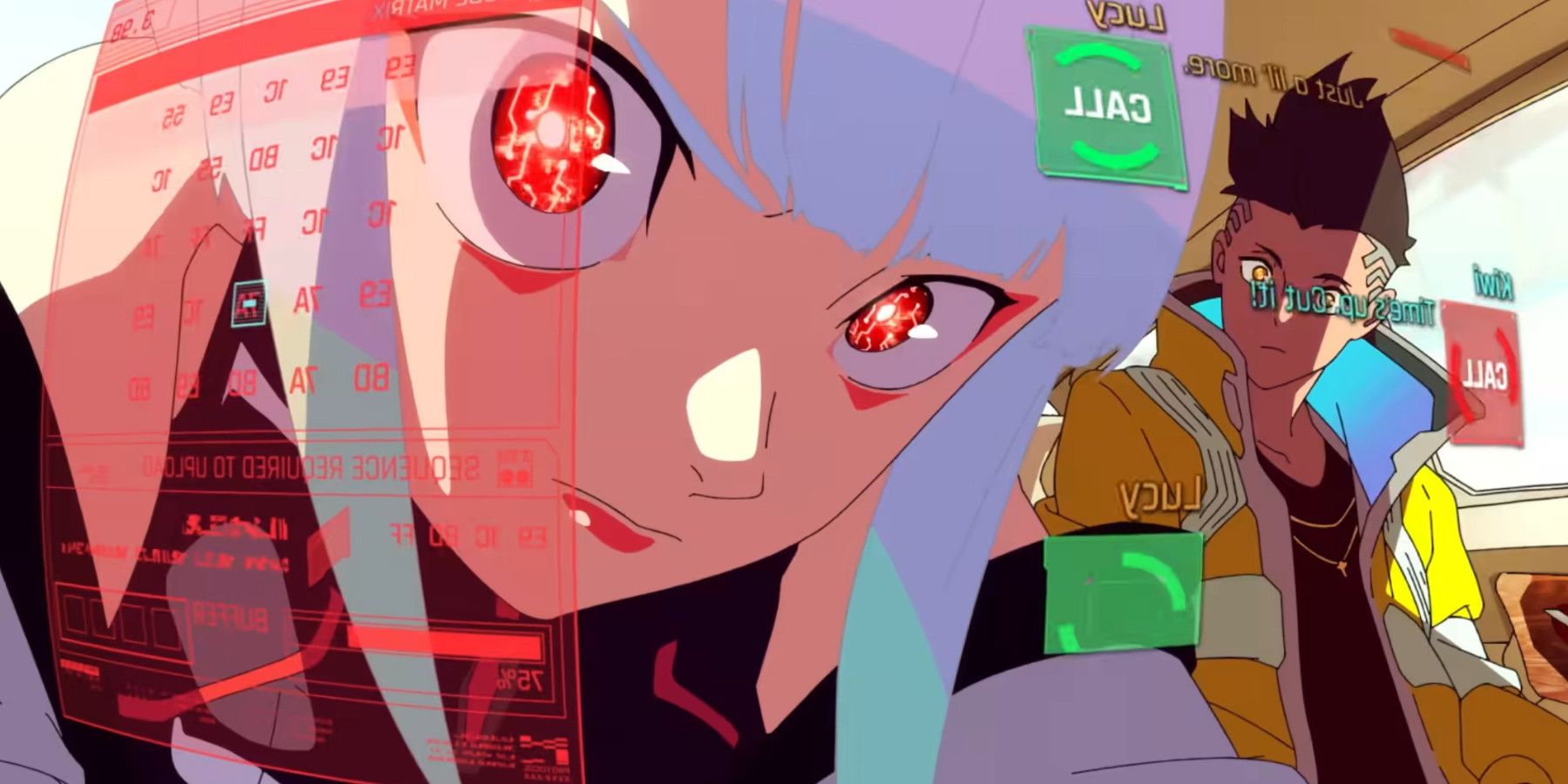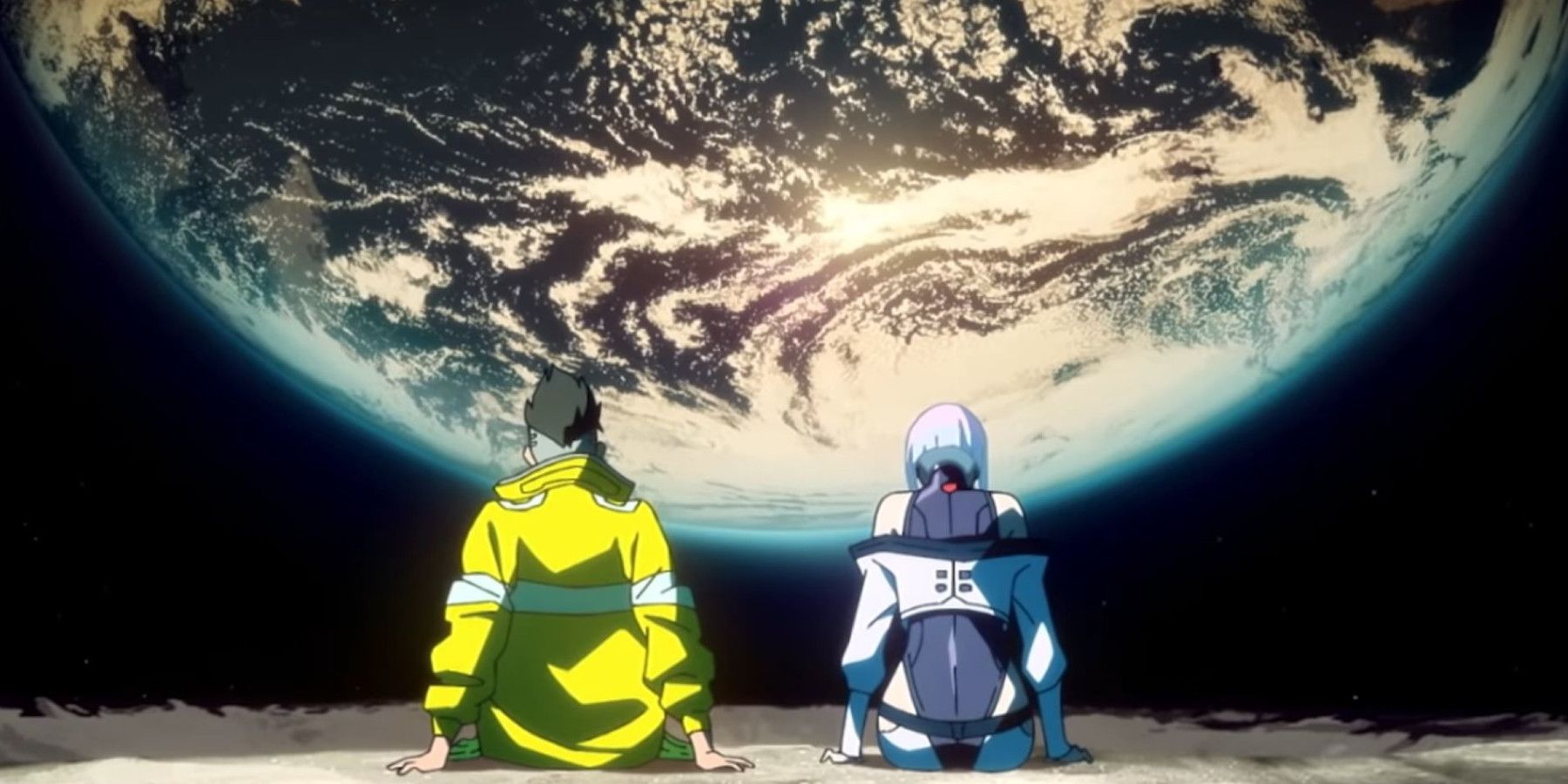With the release of Cyberpunk: Edgerunners came a time for reflection: it's safe to say, two years on, that Cyberpunk 2077 deserved more than it got. There were the insurmountable expectations of eager fans, and then there were the self-imposed wounds by the developer's own promises, and despite all of it, there was still a story worth praising.
Despite myriad technical problems that have continued to plague the game and its reputation since launch, Cyberpunk's story was one that resonated with players, and not just because of Keanu Reeves (though that helps). Its story was one that sought to strike at the heart of what being a Cyberpunk means; it's about legacy, dreams, and living in spite of capitalism's venomous miasma. For many, it was the diamond hiding underneath layers of Night City's filth that kept them engaged, and what others thought wasn't worth the hassle of playing through such a flawed game. So it is with great excitement to proclaim that Studio Trigger's collaboration with CD Projekt Red is exactly the salvation this franchise needed.
Welcome (Back) To Night City
David Martinez is a street kid from nothing with a rather unique opportunity: despite his upbringing, his mother managed to get him into the prestigious Arasaka academy. This opportunity hasn't made life any easier though, between the ridicule from students or him and his mother's precarious living situation.
Suddenly, things go from bad to worse and David finds himself much in the same place V found themselves in during 2077's opening hours: alone and penniless. The only solution is to become a Cyberpunk himself, chip up some experimental hardware in his body, and start carving a name for himself.
Edgerunners presents itself as a character study, watching as the city and its dogmatic narratives of success and worth build up and chip away at David, his friends, and his relationships. The series doesn't waste time considering the baser morality of the violence that permeates the series but makes pointed critiques of the systems that perpetuate the bloodshed.
Life is life, and being a merc in Night City is just like any other job, but it leaves one feeling as if they've actually accomplished something more meaningful, as macabre as the means are. It's a chrome-implanted Wild West that is so far removed from humanity that the only sign that you had any to begin with was if you had cyber psychosis, Cyberpunk's fictional disease.
The more implants and the less flesh, the quicker the mind begins to go. In 2077, this plot point never truly got the exploration it deserved, save for a questline that treated these individuals as objectives to be killed. But in Edgerunners, the looming threat of psychosis is always there and fuels the show's most roaring adrenaline field fires.
And in 2077's defense, such a plot point may not have been necessary for the story they were telling, where the protagonist was a "Solo," a cyberpunk working mostly alone. But David is anything but solo. The show constantly reinforces the bonds between him and his friends, who stand tall with the best characters from 2077.
This is to say nothing of Lucy, the deuteragonist and romantic partner to David, who is the catalyst of David's most important lesson, one that doesn't get learned easily. When the series starts, David is obsessed with trying to live his life so that he can reach the top, just like what his mom wanted. Lucy asks him what he wants, telling him he can't live for other people.
Do Robots Dream...
Edgerunners is all about dreams. It is about asking what - and who - you are living for. Throughout the series, David is living his life according to other characters and their dreams, but that isn't necessarily his flaw as a character. If anything, it's a way of living that he fights for in spite of the hardships, trying to figure out how to do it right.
What is a dream, really? Is it something chosen for one's own sake or just a story that someone wants to see played out for someone else's sake? And is that wrong, to want to live in a way to give a happy ending to someone who isn't around to see it anymore? These are the questions that Edgerunners revels in over 10 episodes.
Sound & Voice Acting
This review was written having watched the English dub directed by Wendee Lee (voice of Faye Valentine from Cowboy Bebop). The vocal performances across the board are on par with the vocal talent in Cyberpunk 2077, a blessing considering how vulgar and dark the dialogue can get. A less competent dub may not have fared as well with how serious the show gets.
Like 2077, the show enjoys a much-appreciated celebrity cameo, this time from Giancarlo Esposito (Breaking Bad, Better Call Saul). The only time the performances seemed to suffer, whether as a result of the directing or the script, was in one of the last episodes. The way that phone calls were written and visualized on screen led to line reads that sounded more like dictation of text-to-speech than a natural conversation.
A Trigger First
Almost every Trigger production has been an original work, typically written in-house, but Edgerunners is one of the first times that they've worked based on an adapted screenplay. The story was created by Bartosz Sztybor, comic writer and narrative manager at CD Projekt Red, giving the writing a style much in line with the feel of the game.
With the cultural divide in directorial and narrative styles, one might have wondered how different the game and the series might have felt, but it was like slipping back into a familiar set of clothes; it fit perfectly. Narratively, the show feels like a true companion piece to the game's world.
This also makes this show feel unlike anything Trigger or Director Hiroyuki Imaishi has ever made. Not better or worse, but simply a different flavor that fans of the studio will appreciate as something fresh from a studio that has already made it a mission to appeal to international audiences.
Where Trigger's near-unrivaled hunger for raw, powerful imagery comes to a head in Edgerunners is episode 6, a true turning point that pulls out all the stops. Episode director Yoshiyuki Kaneko and animation directors Kai Ikarashi and Ichigo Kanno should deserve all the praise for what is surely one of the best episodes of anime this year. Expect a deeper dive into this episode in the future.
On the other side of episode 6's game-changing climax, the show's final act takes the story in unexpected directions and goes darker and darker before the end. If anything about the conclusion felt lacking, it was how rushed the ending was. It hits all the right notes but could have taken a little more time to breathe once the climax passed. Still, it's preferable to the show outstaying its welcome.
Those who found something to love in Cyberpunk 2077 with find a story that doesn't retread familiar ground, but instead builds on a foundation that is needed to reach higher. Those who couldn't stomach 2077 because of its flaws owe it to themselves to give this world another chance.
Cyberpunk: Edgerunners is streaming now on Netflix.
